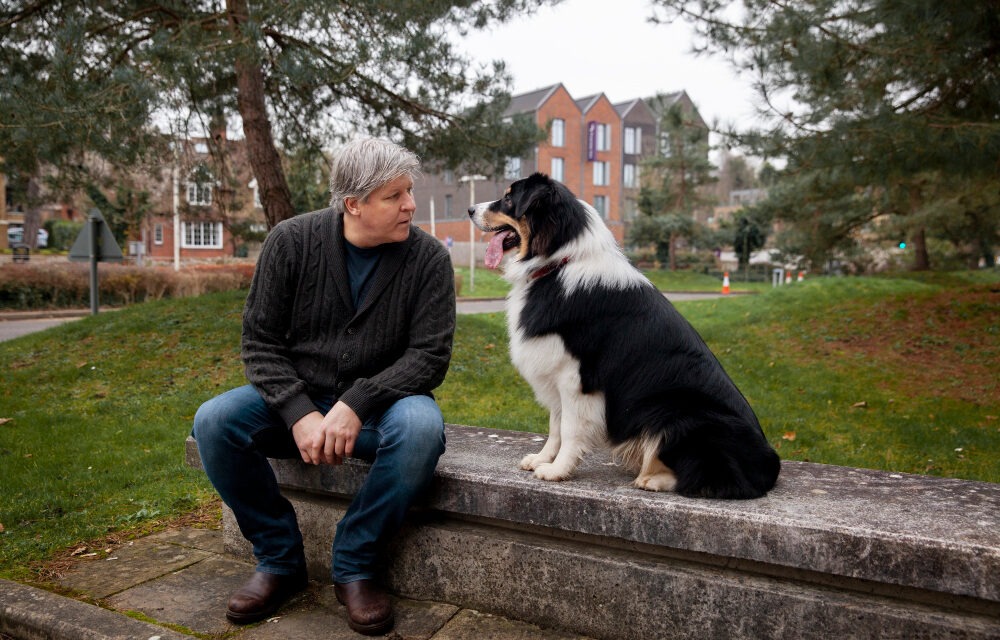Dogs are more than pets—they’re family. As dog owners, one of the most important questions we often ask is: “Which dogs live the longest?” While every dog’s lifespan depends on genetics, diet, exercise, and healthcare, some breeds are naturally blessed with longevity. Understanding these breeds can help prospective dog owners make informed choices about which companion suits their lifestyle and long-term commitment.
Factors Affecting a Dog’s Lifespan
Before we dive into the breeds, it’s important to understand the factors that affect how long a dog lives:
- Size: Smaller breeds tend to live longer than larger breeds.
- Genetics: Some breeds are predisposed to certain health conditions that may shorten their lifespan.
- Diet and Nutrition: High-quality nutrition contributes to overall health and longevity.
- Exercise and Mental Stimulation: Active dogs with regular physical and mental stimulation generally live longer.
- Healthcare: Regular vet check-ups, vaccinations, and preventive care play a crucial role.
Top Longest Living Dog Breeds
1. Chihuahua
Average Lifespan: 14–18 years
Chihuahuas are tiny, longest-living dog breeds with big personalities. Despite their small size, they are extremely energetic, alert, and loyal to their owners. They adapt well to apartment living and require minimal exercise, though short daily walks keep them healthy and happy.
Their small frame contributes to their impressive longevity, as smaller breeds generally live longer than larger dogs. Chihuahuas thrive in loving households and respond well to training and socialization. With proper nutrition, regular vet visits, and care, they can easily live into their late teens.
2. Dachshund
Average Lifespan: 12–16 years
Dachshunds, known for their long bodies and short legs, are playful, curious, and devoted companions. They love exploring and enjoy both indoor and outdoor activities, but care must be taken to protect their backs from injury. Their lively and friendly personality makes them a great family pet.
Dachshunds are generally healthy, but regular exercise and a balanced diet help prevent obesity and spinal issues. Early socialization helps them get along well with children and other pets. With attentive care, these little explorers can enjoy a long, active life.
Interestingly, a dachshund named Chanel set a Guinness World Record for the oldest living dachshund, highlighting just how long and healthy a well-cared-for dachshund can live.
3. Toy Poodle
Average Lifespan: 14–18 years
Toy Poodles are small, elegant dogs known for their intelligence and affectionate nature. They are highly trainable and excel in obedience and agility activities. Their hypoallergenic coat makes them ideal for families with allergies, though it requires regular grooming to prevent matting.
Mental stimulation through games and training keeps them happy and healthy. Toy Poodles are also sociable, forming strong bonds with their families and adapting well to various living situations. With proper diet, exercise, and healthcare, they enjoy a long and fulfilling life.
4. Jack Russell Terrier
Average Lifespan: 13–17 years
Jack Russell Terriers are energetic, fearless, and highly intelligent dogs. They love to play, run, and explore, making them ideal companions for active owners. Their strong hunting instincts and curious nature mean they need plenty of mental and physical stimulation.
Jack Russells are generally healthy, but regular exercise is key to preventing behavioral issues caused by boredom. Their small to medium size contributes to a longer lifespan compared to larger breeds. With consistent training and a loving home, these spirited dogs can live well into their teens.
5. Shih Tzu
Average Lifespan: 10–16 years
Shih Tzus are charming, affectionate, and well-suited for family life. They are small but sturdy, making them excellent indoor companions.
Their long, flowing coat requires regular grooming to maintain hygiene and prevent matting. Shih Tzus are friendly and generally good with children and other pets. Routine dental care and a balanced diet are essential for their long-term health. With attentive care, they enjoy a comfortable and happy life spanning well over a decade.
6. Beagle
Average Lifespan: 12–15 years
Beagles are social, curious, and cheerful dogs with a love for exploration. They are known for their keen sense of smell and tracking ability, making them excellent companions for active families.
Beagles are moderately active and enjoy daily walks and playtime. Their friendly and gentle temperament makes them great with children and other pets. Maintaining a healthy weight and providing regular veterinary care ensures they live a long and healthy life. Beagles are also resilient dogs, enjoying both indoor comfort and outdoor adventures.
7. Yorkshire Terrier
Average Lifespan: 13–16 years
Yorkshire Terriers, or Yorkies, are one of the longest living dog. They are small, spirited dogs with a lot of personality packed into their tiny bodies. They are energetic, affectionate, and highly loyal to their owners. Regular grooming is essential to maintain their silky coat, while daily walks keep them physically and mentally active.
Yorkies can adapt well to apartment living and enjoy socializing with family members. Dental care is particularly important for this breed, as small breeds are prone to dental issues. With proper care, Yorkies can live long, vibrant lives filled with energy and affection.
8. Maltese
Average Lifespan: 12–15 years
Maltese dogs are gentle, playful, and loving companions. They are small and lightweight, making them suitable for both apartments and houses. Their white, silky coat requires regular grooming to keep it healthy and clean. Maltese dogs are intelligent and enjoy interaction, playtime, and short walks.
They generally remain healthy with a balanced diet and regular vet check-ups. Their friendly and calm nature, combined with attentive care, allows them to enjoy a long, happy life by their owner’s side.
Tips to Help Your Dog Live Longer
No matter the breed, there are several key steps you can take to help your dog enjoy a long, healthy, and happy life. Regular veterinary visits are essential for early detection of health issues, ensuring your dog receives timely vaccinations, preventive care, and treatment when needed. A balanced diet tailored to your dog’s age, size, and activity level provides the nutrients necessary for strong bones, a healthy coat, and overall vitality.
Exercise is equally important; keeping your dog physically active with walks, playtime, or agility activities supports healthy weight, strengthens muscles, and stimulates the mind, preventing boredom-related behavioral problems. Dental care should not be overlooked, as oral health impacts the overall well-being of your pet, regular brushing and professional cleanings can prevent infections and other complications. Weight management is crucial because obesity can lead to diabetes, joint problems, and heart disease, shortening a dog’s lifespan.
Finally, love and attention play a powerful role in your dog’s longevity. Dogs that feel emotionally secure and enjoy strong bonds with their owners are often healthier, happier, and more resilient. By combining proper healthcare, nutrition, exercise, and emotional care, you can give your dog the best chance to live a long, fulfilling life.




